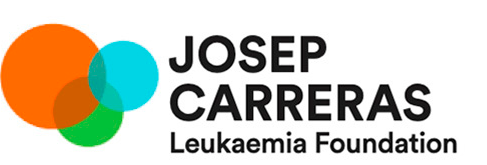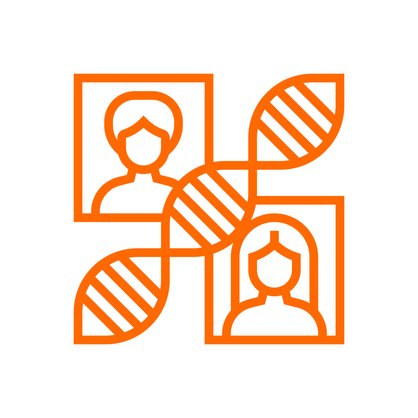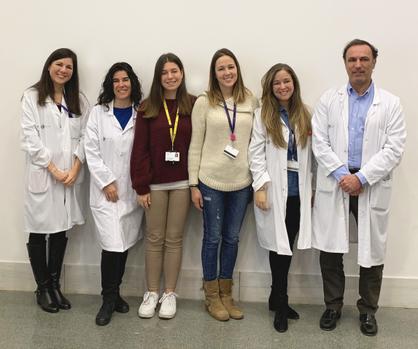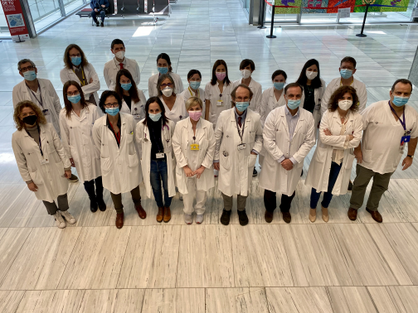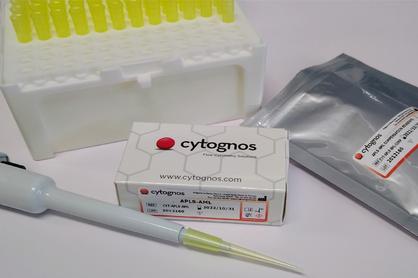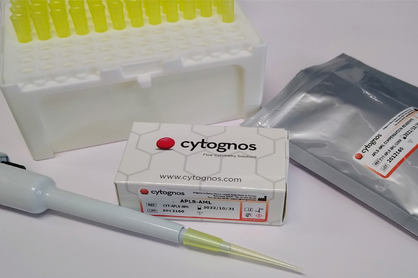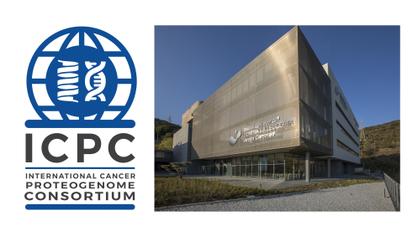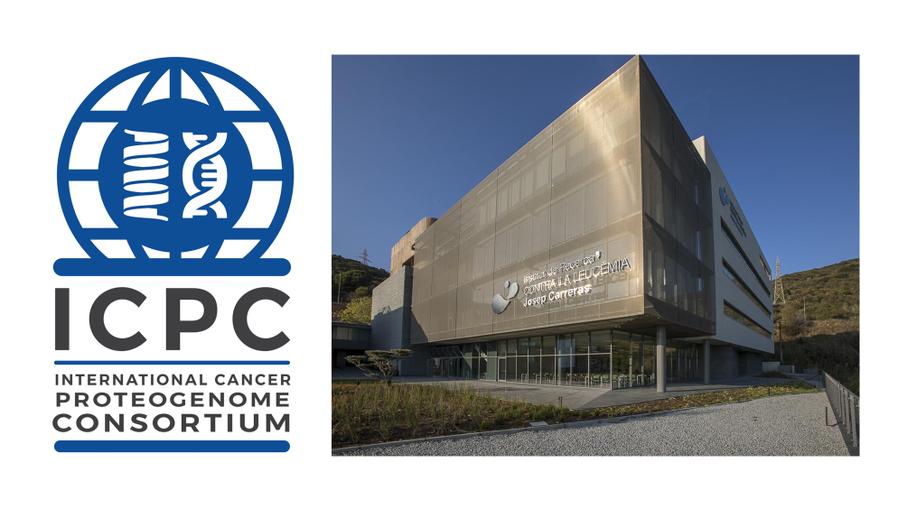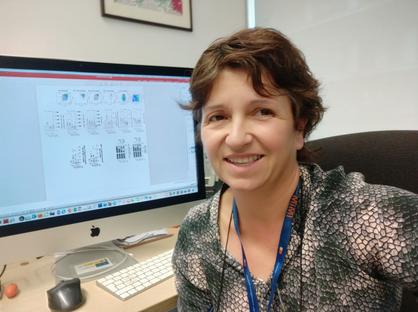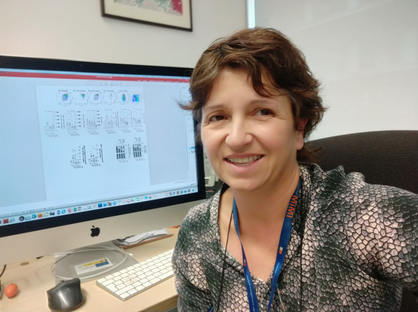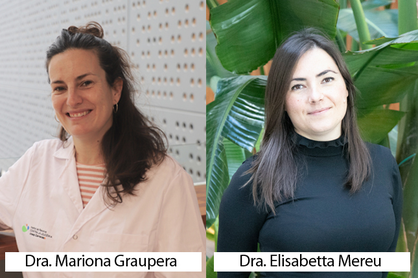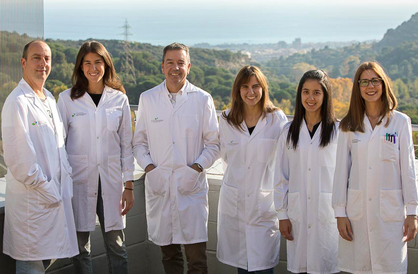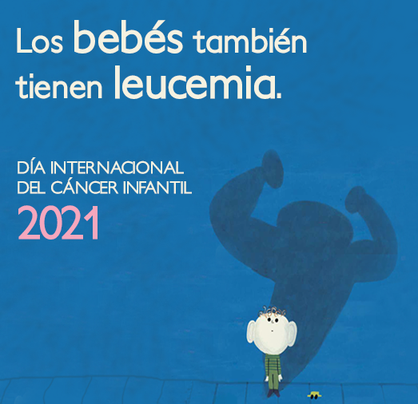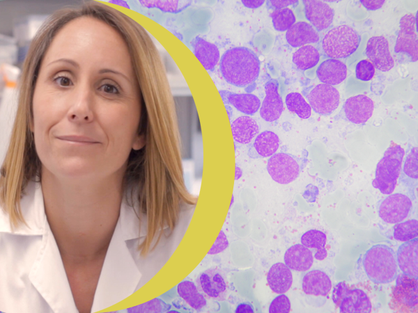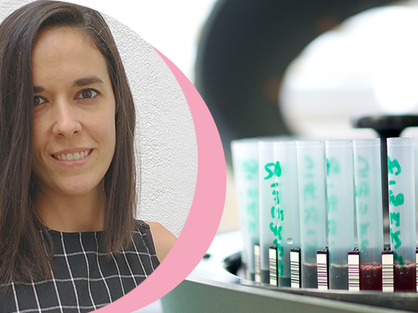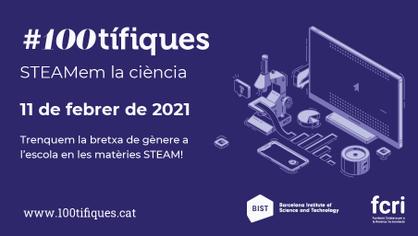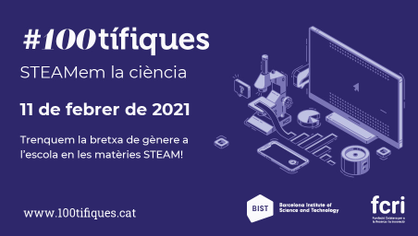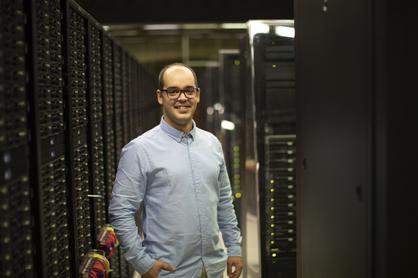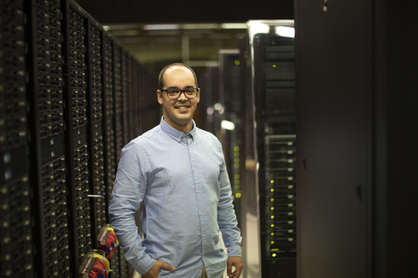La Fundación Josep Carreras contra la Leucemia, la Organización Nacional de Trasplantes y todas las Comunidades Autónomas presentan la Memoria del Registro de Donantes de Médula Ósea (REDMO) de 2020.
A pesar de la pandemia, 30.631 personas se incorporaron al REDMO, alcanzando la cifra de 431.703 donantes disponibles en la base de datos del registro, un 6% más respecto al 2019. El REDMO realizó 1.034 activaciones de búsqueda de donante para pacientes españoles. Por primera vez, se han superado las 1.000 búsquedas en un año, un 6 % más en comparación con 2019. El 93 % de los donantes han sido localizados antes de 2 meses, con una mediana de 26 días de búsqueda.
El REDMO coordinó 220 donaciones de donantes españoles durante el 2020, solo una donación menos que en 2019. En 2020, se han podido realizar 459 trasplantes a partir de donante no emparentado. Desde 1991 hasta 2020, desde REDMO se han coordinado 10.999 donaciones para pacientes de cualquier lugar del mundo que lo requerían.
La Fundación Josep Carreras contra la Leucemia, la Organización Nacional de Trasplantes (ONT) y todas las Comunidades Autónomas acaban de presentar la Memoria del Registro de Donantes de Médula Ósea (REDMO) de 2020, año en el que, a pesar de la pandemia y de la situación sanitaria excepcional, el REDMO ha logrado coordinar la obtención y donación de progenitores de medula ósea, sangre periférica, sangre de cordón umbilical y linfocitos de donantes no emparentados en prácticamente la misma cantidad de casos que en 2019.
Un 2020 marcado por la pandemia
El confinamiento de marzo a junio de 2020 debido a la pandemia por SARS-CoV-2 redujo la movilidad de los donantes para desplazarse a los centros de referencia para su inscripción. A pesar de ello, se registraron 30.631 donantes, que representa un aumento del 6% del total de los donantes disponibles.
También se ha visto afectada la movilidad para realizar pruebas de ampliación de información para los ya inscritos. Con el objetivo de minimizar el riesgo para esos donantes, estas pruebas se sustituyeron por un extenso cuestionario telefónico realizado por personal del REDMO.
A nivel logístico, el traslado de los progenitores hematopoyéticos (médula ósea o sangre periférica) del donante hasta el centro hospitalario donde se encontraba el paciente ha sido y continúa siendo uno de los grandes retos de la pandemia, debido al cierre de fronteras, las cancelaciones de vuelos y la difícil coordinación de las recogidas por la imposibilidad de entrada de los courier en algunos países.
Para paliar esta situación, en marzo de 2020 la ONT puso en marcha un operativo especial con la Guardia Civil para que los courier, no tuvieran que salir del aeropuerto y entregaran los productos a los profesionales sanitarios en los puestos de la Guardia Civil.
Asimismo, dada la imposibilidad de viajar en determinados momentos del 2020, el REDMO coordinó también 8 donaciones familiares. En su mayoría se trató de pacientes residentes en el extranjero cuyo donante familiar residía en España y no podían desplazarse al otro país para hacer la donación.
Datos relevantes Memoria REDMO 2020
Nuestros donantes
-El número de donantes en el mundo alcanzó los 37.558.025. España se mantiene en 13.ª posición mundial y 6.ª en Europa con 431.703 donantes, siendo el segundo registro público más grande del continente. En 2020, se han incorporado 30.631 donantes al REDMO.
-A pesar de que los centros de trasplante solicitan de manera preferente y por razones médicas a donantes varones, la composición actual del registro sigue siendo mayoritariamente femenina: solo el 36% son hombres.
-El número de unidades de sangre de cordón umbilical disponibles en el mundo es de 799.770. España cuenta con 64.638, de las cuales 547 son nuevas incorporaciones de 2020. El REDMO ocupa la primera posición en número de unidades disponibles en Europa y tercera en el mundo.
-España ha proporcionado 335 donaciones para pacientes de 23 países distintos del mundo (220 a partir de donantes voluntarios y 115 de unidades de sangre de cordón umbilical).
Nuestros pacientes
-Los hospitales españoles han solicitado al REDMO un total de 1.034 búsquedas de donante no emparentado para pacientes españoles, un 6 % más en comparación con 2019.
-La mediana del tiempo de búsqueda para encontrar un donante compatible ha sido de 26 días. El 93% de estos donantes (1.460) se han localizado antes de 2 meses.
-Se han podido realizar 459 trasplantes a partir de donante no emparentado.
-Se han coordinado 501 colectas. Una más que en 2019. De estas, 479 fueron a partir de donantes voluntarios y 22 de unidades de sangre de cordón umbilical. El 26% de estas donaciones de donante no emparentado y el 77% de las unidades de sangre de cordón umbilical provienen de España.
Los resultados mostrados en esta memoria anual han sido posibles gracias al trabajo llevado a cabo por el personal de los centros de donantes, colecta y trasplante, los bancos de sangre de cordón umbilical, los laboratorios de inmunología, empresas de transporte y REDMO. Todos ellos colaboran siguiendo las directrices y protocolos establecidos por las Coordinaciones Autonómicas de Trasplante, la Organización Nacional de Trasplantes y la Fundación Josep Carreras.

